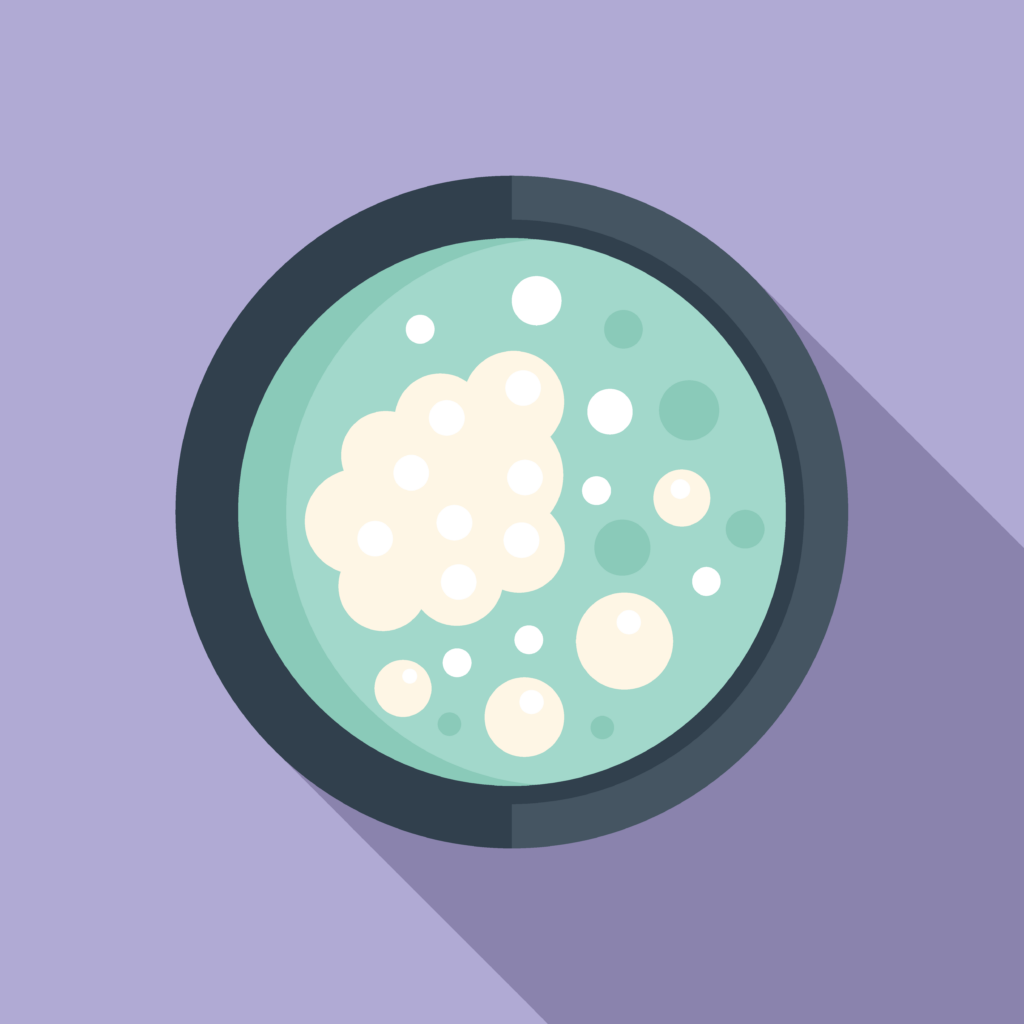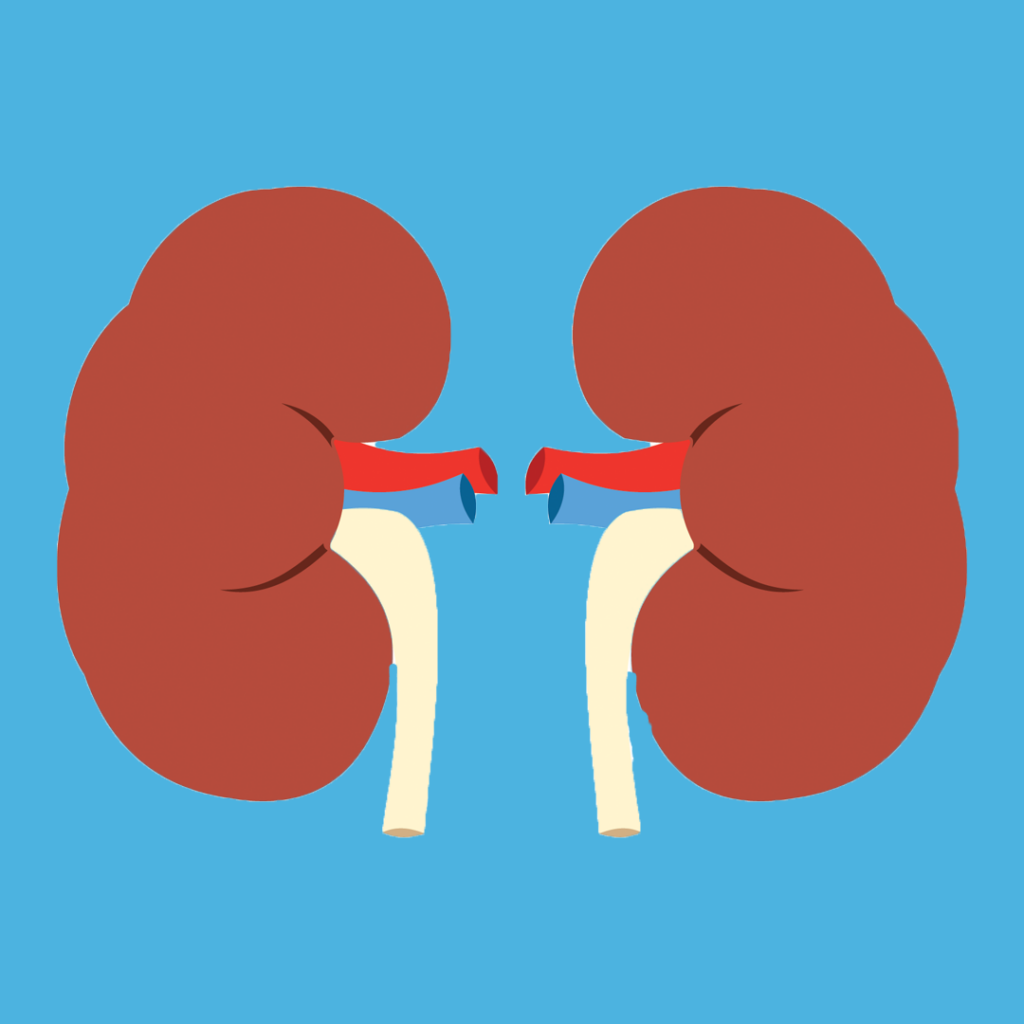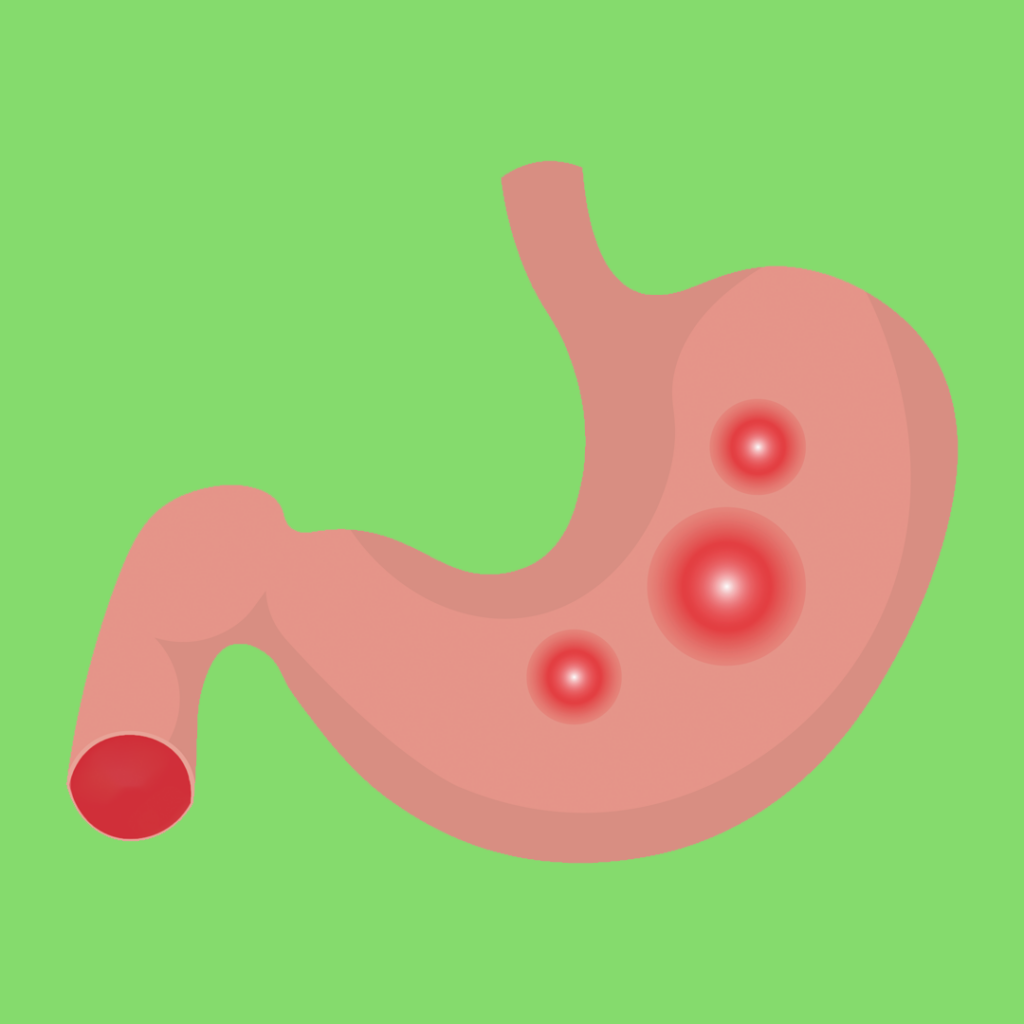Healing skin conditions with zinc

Questions answered in this article:
- What is zinc's role in skin health?
- How does zinc help in the wound healing process?
- Will zinc help my acne?
- What is the relationship between zinc and eczema?
- How does zinc benefit rosacea?
- What can zinc do for skin pigmentation?
- Can zinc support me in aging gracefully?
- What is the holistic approach to healthy skin?
- Should I take a zinc supplement for my skin?
Your skin is the body's largest organ and requires ample amounts of various nutrients in order to thrive. Zinc has been studied widely for its effectiveness in treating many skin conditions. For instance, zinc is one of the best minerals for acne, thanks to its anti-inflammatory and antibacterial effects. Even other inflammatory skin conditions such as eczema and rosacea will benefit - research consistently highlights zinc as one of the most important minerals needed for the normal function of the skin. Think of zinc as your go-to mineral for all things related to skin health!
Skin composition and the role of zinc
As much as 6 percent of your body's total zinc is found in your skin. The skin is composed of 3 main layers, the epidermis (outer), dermis (middle), and hypodermis (inner). Zinc is present in the 2 outer layers where skin cell renewal occurs. This mineral's main role is to form the primary skin cells (keratinocytes and basal cells) that make up the epidermis. Our skin cells must be replaced with new cells every 28 days, and turnover rates decrease naturally as we age. Having adequate amounts of zinc allows the skin cells to multiply as needed. It also helps stabilize the cell membranes of the skin cells to ensure they are functioning optimally.
How does zinc benefit your skin?
Zinc and wound healing
When you have a skin wound, you require a rapid growth of new skin cells in order to close the cut and prevent infection. In addition to increasing new keratinocytes and epidermal. basal cells at wound locations, zinc is shown to decrease inflammation and increase wound healing. Topical zinc creams have been shown to be effective in wound healing and scar prevention. If your wounds are taking a long time to heal, consider your zinc levels. Even mild zinc deficiencies have been associated with impaired wound healing.
Zinc and acne
Many adults and teens name acne as one of the most dreaded skin conditions. How is this irritating skin condition formed? Whether it is hormonal or cystic acne, when your pores become clogged with oil and dead skin cells, it can result in a cluster of inflamed whiteheads known as acne. Although antibiotics are frequently prescribed to treat acne, the side effects of antibiotic resistance and bacterial imbalance is a common concern. Zinc has been researched as an alternative to antibiotic treatments, with less side effects. It is an effective option because with oily skin, zinc can reduce your body's excess oil (sebum) production, preventing your pores from clogging and becoming inflamed. Zinc sulfate in particular has been shown to be effective in treating moderate to severe acne.
Zinc and eczema
Eczema is a common condition in children but occurs in adults as well. The main signs of eczema include inflamed, itchy, cracked or rough skin - it is often described as "itchy skin that leaves a rash" and can be debilitating in its severe state. Eczema is typically treated through the use of immunosuppressants such as corticosteroids to decrease the inflammation. However, long-term use of corticosteroid creams can impair wound healing and growth of new skin cells. Zinc offers a safer long-term solution as it is anti-inflammatory and increases the turnover of skin cells to treat eczema. Plus, creams containing zinc (zinc sulfate) can be soothing to the skin.
Zinc and rosacea
Rosacea is another inflammatory skin condition characterized by a pink flushing of the skin. It may be accompanied by swelling, papules and pustules. Rosacea is conventionally treated with antibiotics, immunosuppressants, retinoids, and occasionally, vascular lasers. Retinoids can result in increased sensitization to UV light from the sun, and laser treatments are expensive. The inflammation from rosacea prevents the skin from repairing itself, but zinc's anti-inflammatory antioxidants protect your skin from this harmful effect. Because of this, studies have shown oral zinc sulfate to be effective in treating rosacea after 3 months of treatment, without side effects.
Zinc and skin pigmentation
Have you noticed darker spots appearing on your skin lately? These grey-brown skin pigments, known as melasma, can be caused by exposure to UV light, genetic predisposition, oral contraceptives, acne scars, pregnancy or hormonal imbalances. Corticosteroids or retinoids can be helpful, but they do not always work. Where does zinc fit in? This mineral helps regulate skin pigment production. Zinc deficiency is associated with an overproduction of pigmentation in the skin, while topical zinc sulphate has been shown to improve melasma after 3 months of treatment.
Zinc and anti-aging
Hair loss, wrinkles, and sagging skin are all signs of natural aging. Topical zinc is the most useful here. It acts as a barrier from harmful free radicals while protecting your skin cells that make collagen. Collagen increases your skin's hydration and elasticity, making it appear more supple. Furthermore, the consistent use of zinc cream appears to regenerate elastic fibres in the skin, leading to less wrinkles.
Other nutrients for healthy skin
Zinc has many benefits for your skin, but it's not a miracle worker. Your overall nutritional status will play a role in maintaining skin structure and function. Skin health requires optimal levels of many nutrients: vitamin A, C, D, E and omega-3 fatty acids.
Diet matters too - an anti-inflammatory diet, similar to the Mediterranean diet will provide the healthy fats and nutrients needed to maintain beautiful skin. Dehydration can take a toll on the skin, so make sure to prioritize drinking water throughout the day. The use of topical and oral zinc supplements should always be complemented with a nutrient-dense diet.
Should I take a zinc supplement for my skin?
It may come to you as a surprise that though zinc has numerous benefits for the skin and other organs, our body cannot produce our own zinc. The only way to obtain it is by eating a zinc-rich diet or using supplements. Keep in mind that zinc supplements should be taken for at least 3 months before seeing a difference in your skin, and always consult with your healthcare practitioner such as a Naturopathic Doctor, first.
Try Zinc Bis-Glycinate 25 as an everyday addition to support your immune system and boost skin health!








